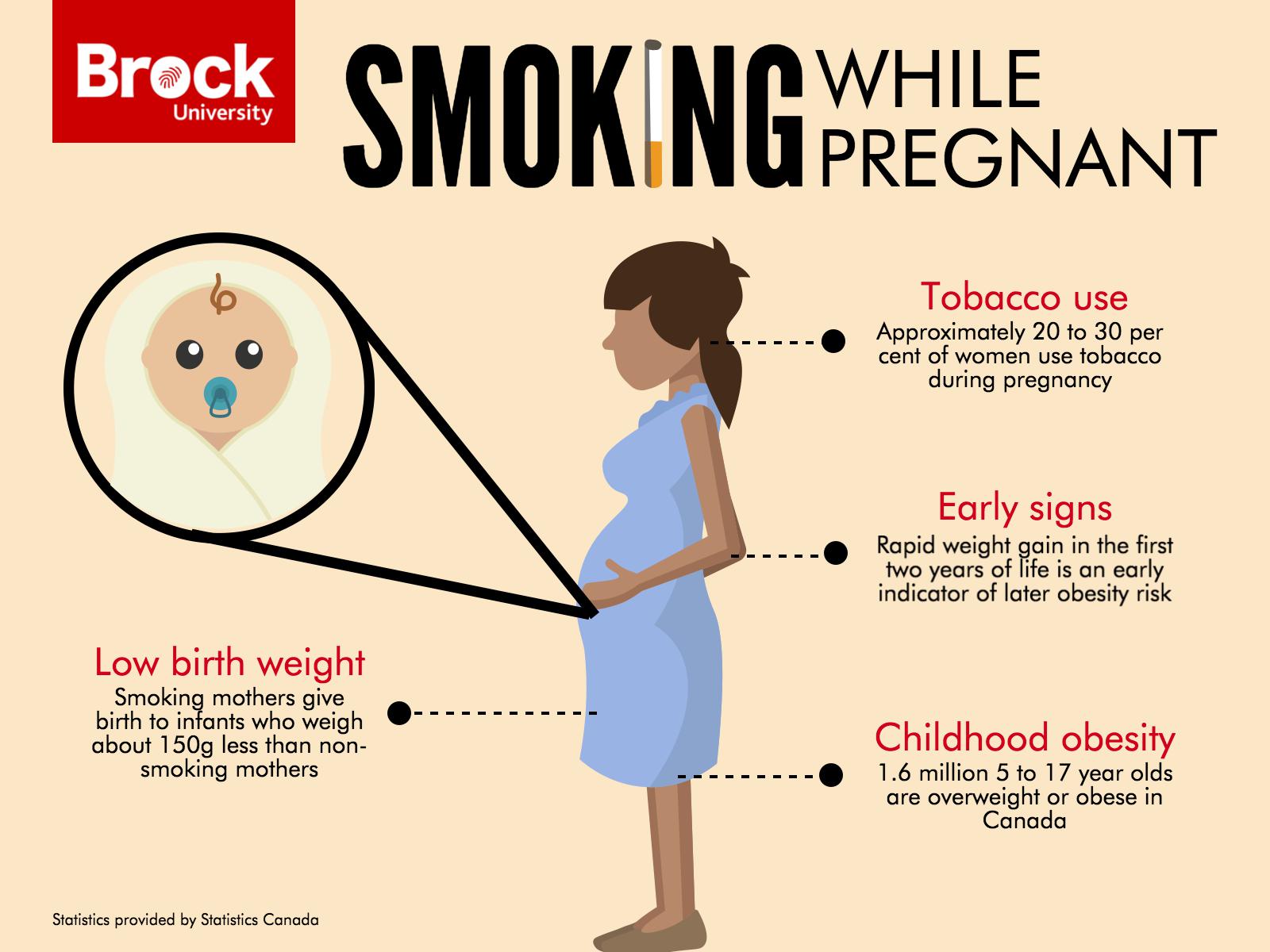
Cigarette Smoking During Pregnancy: A Comprehensive Overview
Introduction
Cigarette smoking during pregnancy poses significant health risks to both the mother and the developing fetus. Despite widespread awareness of these risks, a substantial number of women continue to smoke during pregnancy. This article provides a comprehensive overview of the adverse effects of cigarette smoking on pregnancy outcomes, including fetal growth restriction, preterm birth, low birth weight, and increased risk of congenital anomalies. It also discusses the mechanisms underlying these effects, the importance of smoking cessation, and strategies to support pregnant women in quitting smoking.
Fetal Growth Restriction
One of the most well-established consequences of cigarette smoking during pregnancy is fetal growth restriction. Exposure to nicotine and other toxic substances in cigarette smoke impairs placental function, reducing the flow of oxygen and nutrients to the developing fetus. This can lead to intrauterine growth restriction (IUGR), a condition in which the fetus fails to achieve its full growth potential. IUGR is associated with increased risk of preterm birth, low birth weight, and long-term health problems for the child.
Preterm Birth
Preterm birth, defined as delivery before 37 weeks of gestation, is another serious complication associated with cigarette smoking during pregnancy. Nicotine and other chemicals in cigarette smoke stimulate uterine contractions, increasing the risk of premature labor. Preterm infants are at higher risk of respiratory problems, developmental delays, and other health issues compared to full-term infants.
Low Birth Weight
Low birth weight (LBW), defined as a birth weight below 2,500 grams, is a common consequence of cigarette smoking during pregnancy. Nicotine and other toxins in cigarette smoke reduce placental blood flow, impairing fetal growth and development. LBW infants are more likely to experience health problems, including respiratory distress syndrome, hypothermia, and feeding difficulties.
Congenital Anomalies
Cigarette smoking during pregnancy has also been linked to an increased risk of congenital anomalies, or birth defects. Exposure to nicotine and other toxins in cigarette smoke can disrupt embryonic development, leading to structural abnormalities in the fetus. Some of the congenital anomalies associated with cigarette smoking include cleft lip and palate, heart defects, and neural tube defects.
Mechanisms of Action
The adverse effects of cigarette smoking on pregnancy outcomes are primarily mediated by the toxic substances present in cigarette smoke. Nicotine, the primary addictive component of tobacco, is a potent vasoconstrictor that reduces blood flow to the placenta and fetus. Other toxins in cigarette smoke, such as carbon monoxide, cyanide, and tar, can also damage placental function and impair fetal development.
Importance of Smoking Cessation
Given the significant health risks associated with cigarette smoking during pregnancy, it is crucial for pregnant women to quit smoking as soon as possible. Smoking cessation during pregnancy has been shown to improve pregnancy outcomes, reduce the risk of complications, and promote the health of both the mother and the baby.
Strategies to Support Smoking Cessation
Supporting pregnant women in quitting smoking requires a multi-faceted approach that includes:
- Behavioral counseling: Providing pregnant women with personalized counseling and support to help them overcome the challenges of quitting smoking.
- Nicotine replacement therapy (NRT): Using NRT, such as patches, gum, or lozenges, to reduce nicotine cravings and withdrawal symptoms.
- Medications: Prescribing medications, such as varenicline or bupropion, to block the effects of nicotine or reduce cravings.
- Support groups: Connecting pregnant women with support groups or online communities where they can share experiences and receive encouragement from others who are also trying to quit smoking.
Conclusion
Cigarette smoking during pregnancy is a major public health concern that poses significant health risks to both the mother and the developing fetus. Fetal growth restriction, preterm birth, low birth weight, and congenital anomalies are just a few of the adverse outcomes associated with cigarette smoking during pregnancy. Quitting smoking is essential for improving pregnancy outcomes and promoting the health of both the mother and the baby. Healthcare providers and public health professionals have a crucial role to play in supporting pregnant women in quitting smoking and reducing the prevalence of this harmful behavior.